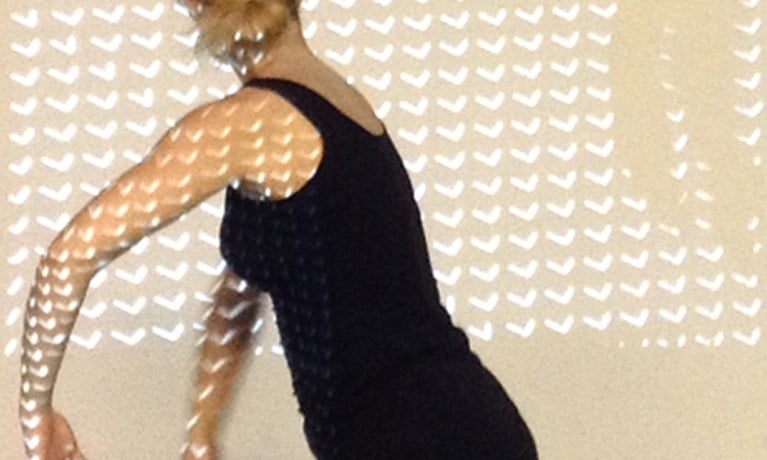Search
Call for Proposals; Digital Echoes Symposium 2016

Friday 11 December 2015
Press contact
4th March 2016, Centre for Dance Research (C-DaRE)
For the 6th edition of the Digital Echoes Symposium, we focus on participation as one of the most prominent legacies of the digital, in particular how it invokes processes of collectivity, democratisation and decentring. We consider participation as a process, a framework for access and production, but also increasingly becoming a philosophy and a culture. In response to this theme, we invite researchers and practitioners in dance, the arts and the humanities, to reflect on practices of collecting, archiving and safekeeping, how these traces are being used to configure new ways of imagining futures, and how such practices highlight the legacy of the digital on humanistic and artistic disciplines. As the title suggests, we invite a reflective and critical examination of digital archival practices, with a focus on dance and neighbouring art forms. We look at the future through a frame of making, or crafting, which evokes discourses on materiality and immateriality, tangible and intangible, conversion and representation. Through representation in digital formats ephemeral performative acts gain tangible qualities. Yet tangibility does not mean fixation; as digital representations are manipulated, stored, accessed, retrieved and re-used they are simultaneously objectified and re-formed, as they are increasingly used and re-used in different formats and in new contexts. We invite contributions that consider the impacts of public/user participation on archival practice and research, and their legacy for the future.
Call for proposals
We invite applications for papers, panels, posters, roundtables and performative presentations (with limited technical requirements) that engage analytically, critically, creatively or reflexively with the themes below. We also welcome proposals for demonstrations of tools, platforms and apps that exemplify best practices and innovative approaches for interacting with cultural heritage as user, audience, author, artist and researcher.
Themes
- The politics of participation in performing arts archival and documentation practices: How does public or citizen involvement in archival practices affect established hierarchies and canons? How does it affect taken for granted ideas about whose ideas and practice are given visibility and represented, and how?
- Collectivity and co-creative practices: What are the potentials and problematics of collectives? How does co-creation function in artistic and archival practices? How do collaborative relationships between archivists, technologists, artists and researchers cultivate generative interdisciplinary exchanges? What are the meeting points or sticking points? How might we create innovate archival projects that cross disciplinary frameworks?
- The reuse and reconfiguration of artistic and cultural content: The reuse of cultural content, and the ways that users might enrich existing sources through creative activities.
- Between amateurism and citizen science: What are the sources of legitimacy for user involvement? What distinguishes citizen science from amateurism? What are the boundaries of involvement, so that the foundations for research credibility and validity are not affected? What are the forms, best practices, promises and limits of crowdsourcing?
- Epistemologies, languages, vocabularies: Which forms of knowledge are cultivated and disseminated through participatory archival projects? How might linguistic frameworks usher in fresh forms of thinking and reveal underlying frameworks?
- Impacts on practice. How does the reuse of cultural content feed back into artistic and scholarly practices? How does the fictional user inform on the development of archival practices?
- Processes and tools: What processes, flows, methodologies are there that support rewarding ways of involving the user and the public in storing, classifying, and configuring access pathways to archival material? What digital tools, platforms and infrastructures?
Format for submissions
Paper presentations are limited to 20 minutes. Proposals for roundtables, demonstrations and other non-standard presentations will be dealt with on a case-by-case basis.
In your proposal, please include the following:
- Names of presenters and organisational/institutional affiliation(s);
- Technical, space and duration requirements;
- Biography (max 100 words);
- Title and type of submission (panel, poster, performance, etc.);
- 500 word abstract/description;
- Bibliography (optional).
The deadline for submission of proposals is 22 January 2016.
Proposals and enquiries should be sent to Hetty Blades: ac1417@coventry.ac.uk.
Registration for the event costs £20 (£15 for concessions).
Organising committee: David Bennett, Hetty Blades, Rosamaria Cisneros, Lily Hayward-Smith, Rebecca Stancliffe and Sarah Whatley.




